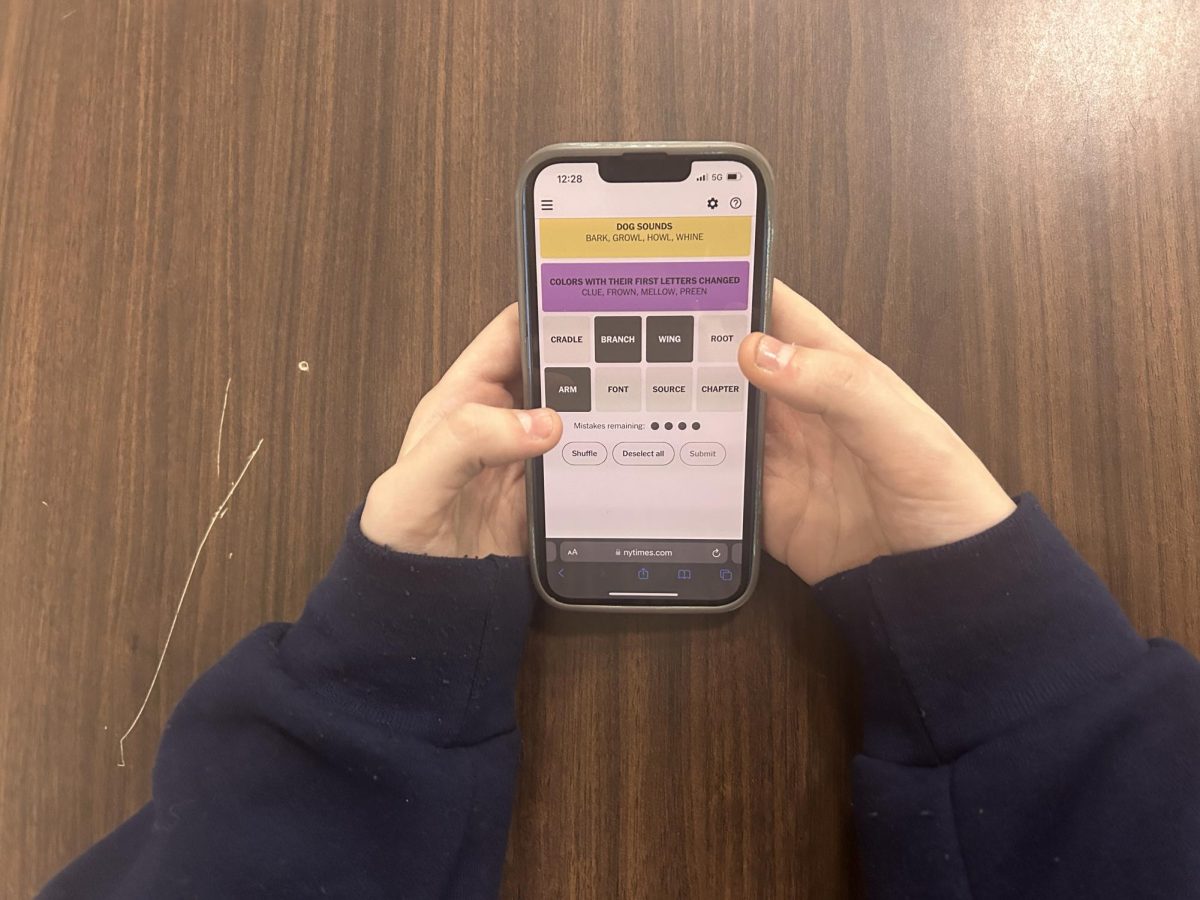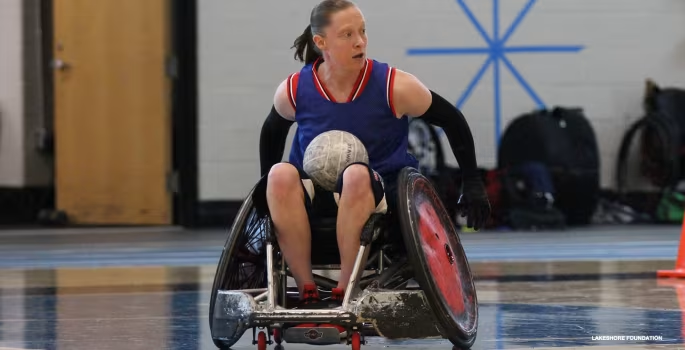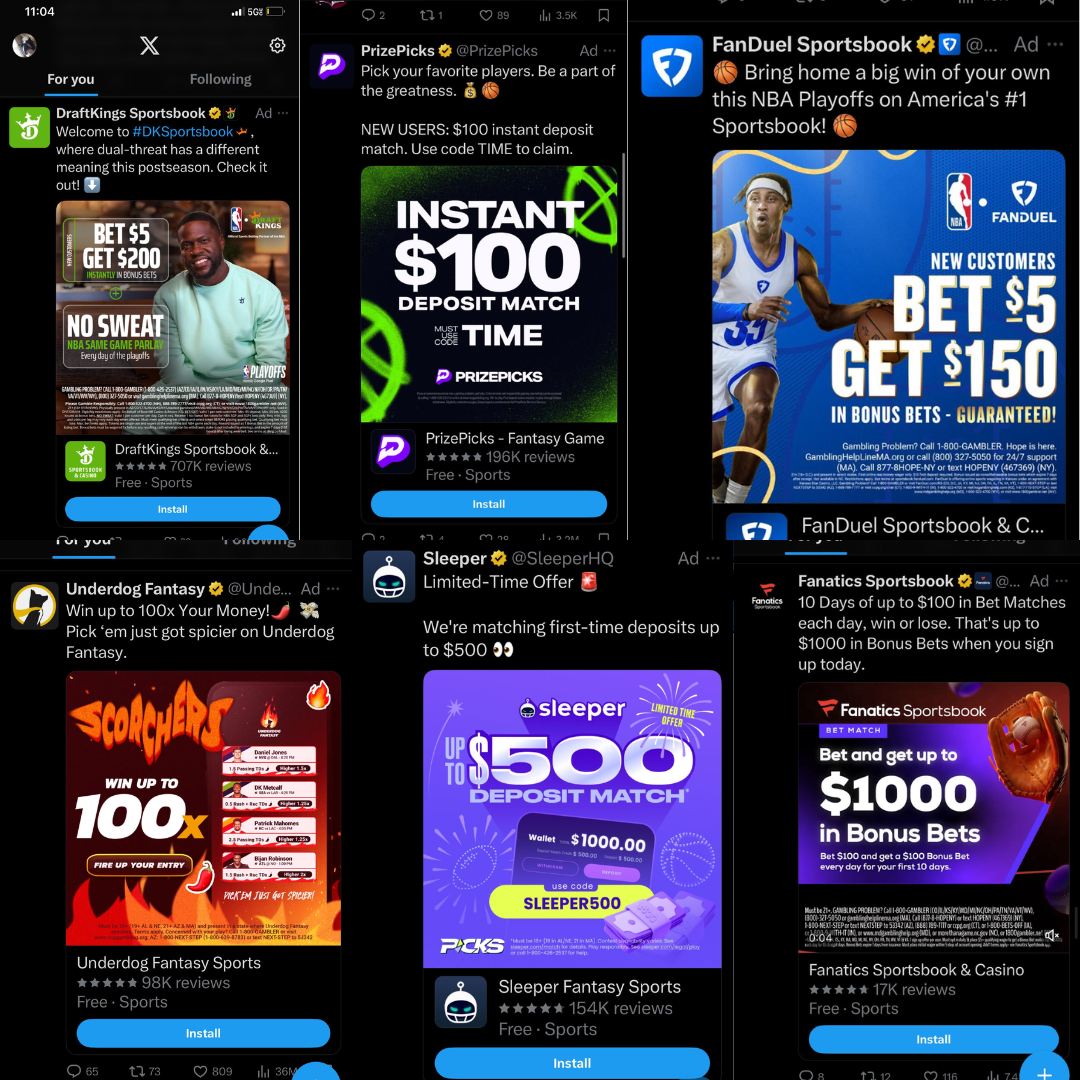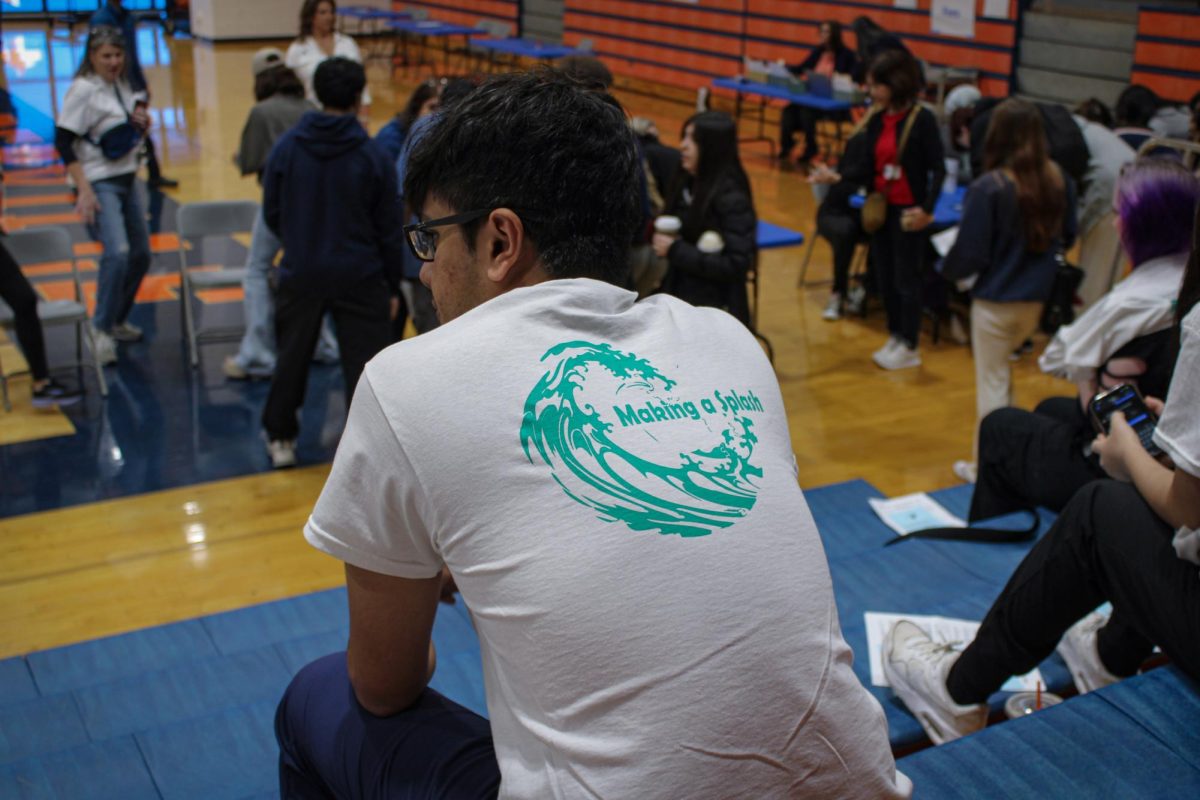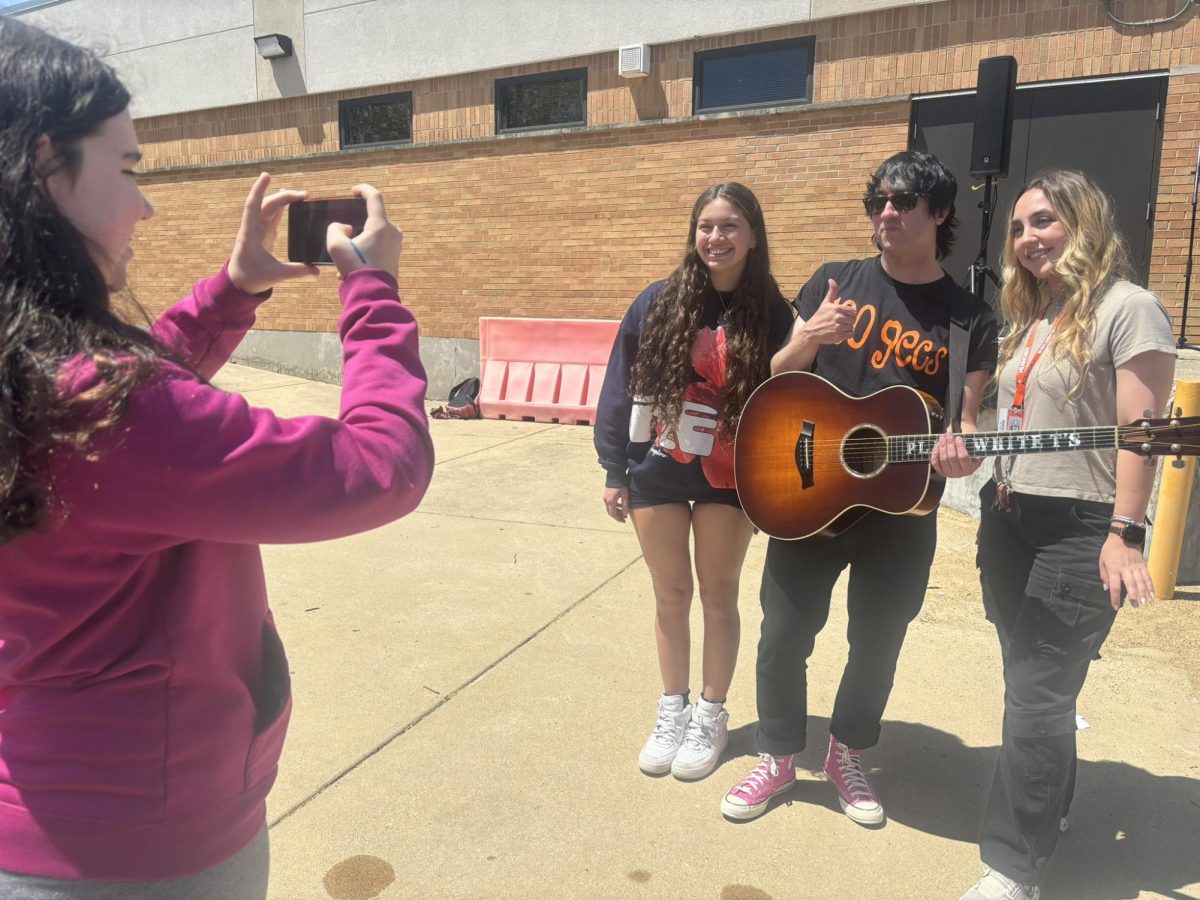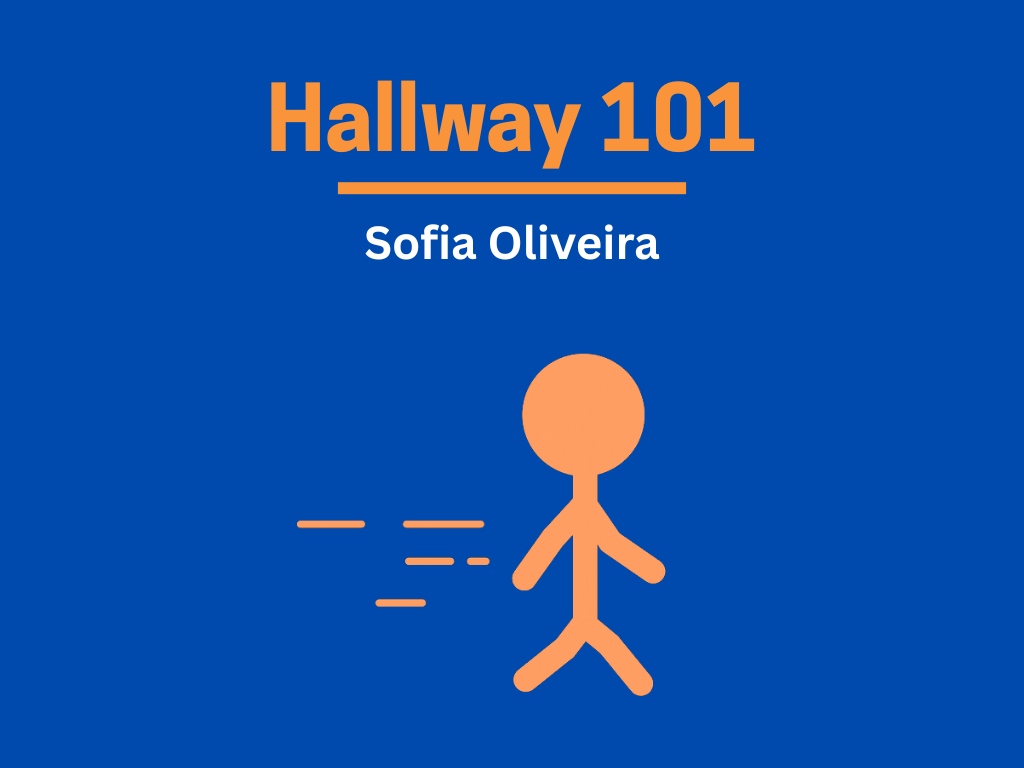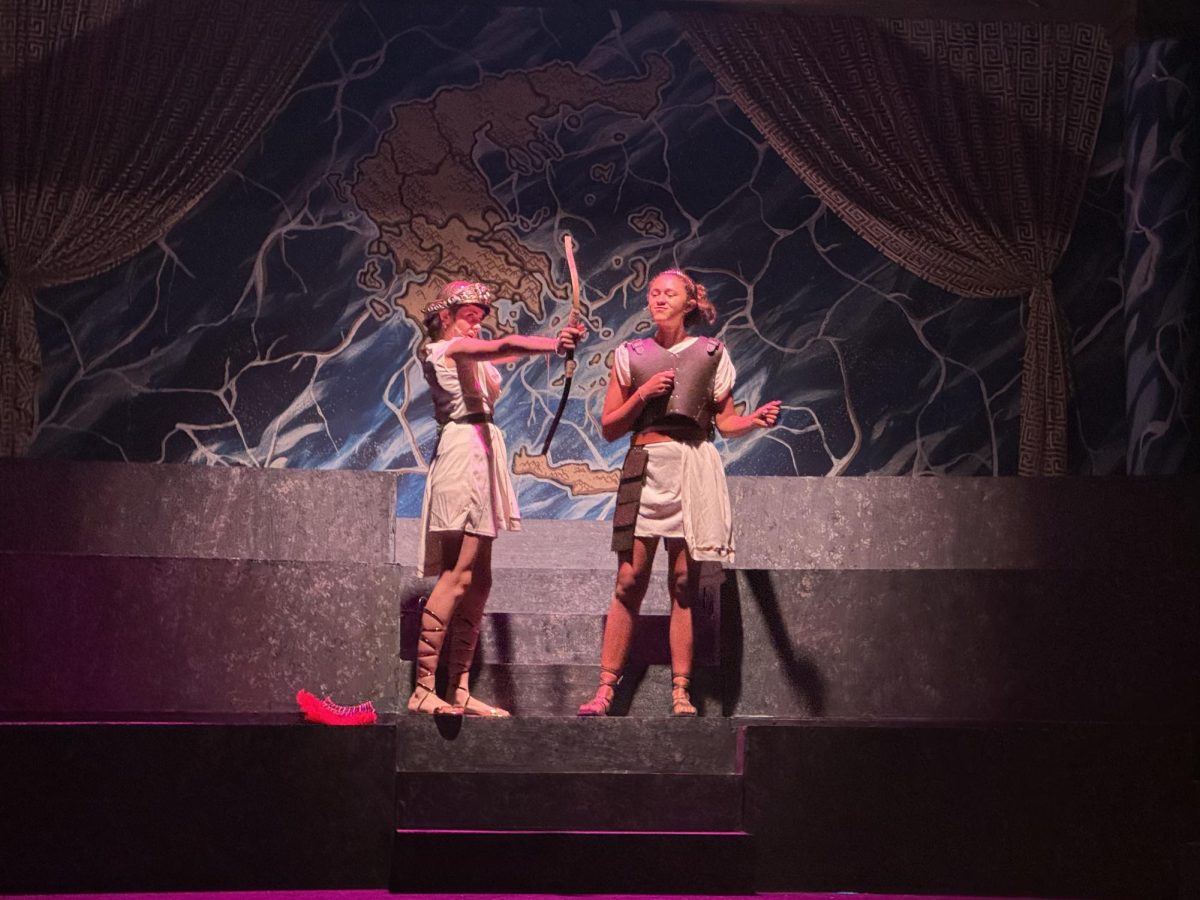Betrayed. Jilted. Horrified. Slighted.
The category for these words? Feelings of NNHS students after NYT (The New York Times) Connections, Wordle and Mini Crossword were banned from usage on their Chromebooks.
As students began to discover their beloved electronic games were suspended (either intentionally or unintentionally) recently, a sense of outrage developed. Some argued that NYT was an educational website, was it not? Of all the accessible games, why would these three be banned? After all, they manage to engage young populations daily while arguably developing their skills of problem-solving, the process of elimination, vocabulary, creative thinking and more.
However, when I learned of this ban, all I could do was reflect on my first Wordle experience.
I was introduced to this curious game sometime mid-freshman year, a time I think is all too distant from now. At first, I couldn’t quite pick out the concept–what do the yellow boxes mean? How about the green ones? Why can’t I just enter gibberish? Needless to say, I made my friends slightly frustrated, as they were trying their hardest to instruct me. Yet, for a generation that is known for being quick to frustrate, they continued to guide me, and eventually, the concept clicked.
I’ve played almost daily since.
As the next two years ensued, a rotating roster of similar puzzles made their way to me: Globle, Worldle, Heardle. Yet the original Wordle always seemed to possess the most allure, along with the discovery of other, equally as enjoyable NYT games like the Mini Crossword and Connections. Now, I take a pause and ask myself: “What is it about these games that makes them so riveting?”
A few answers come to mind: the sleek and simple web design, the publicity they receive on social media like TikTok and the originality of each game’s concept. And while these may be factors in my infatuation, the real answer is not oriented around the game itself.
These games brought us together.
We begin almost every Precalculus class with a game, sometimes Connections, but almost all of them are inspired by some NYT game. I used to find myself turning to my peers, admittedly during class, to ask them for help in figuring out a tricky five-lettered Wordle term (“Where does the ‘t’ go? Should we add an ‘i’?”). My friend and I would hunch over our computers at lunch, racing each other in a frenzied Mini Crossword battle, or toiling over the two remaining categories in Connections we just couldn’t solve.
Strangers and classmates and best friends are all just one victory away from a shared sense of accomplishment. While we students may be saved from wasting away some class time on so-called “meaningless” mini-games, I believe we also may have sacrificed a competitive intellectual camaraderie.
Ultimately, the loss of the three games is a P-U-N-C-H in the gut to students across N-O-R-T-H.

